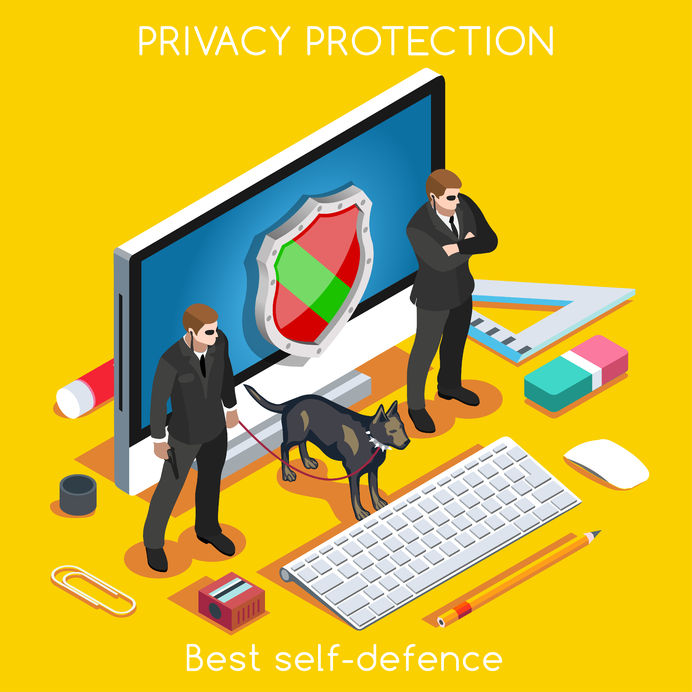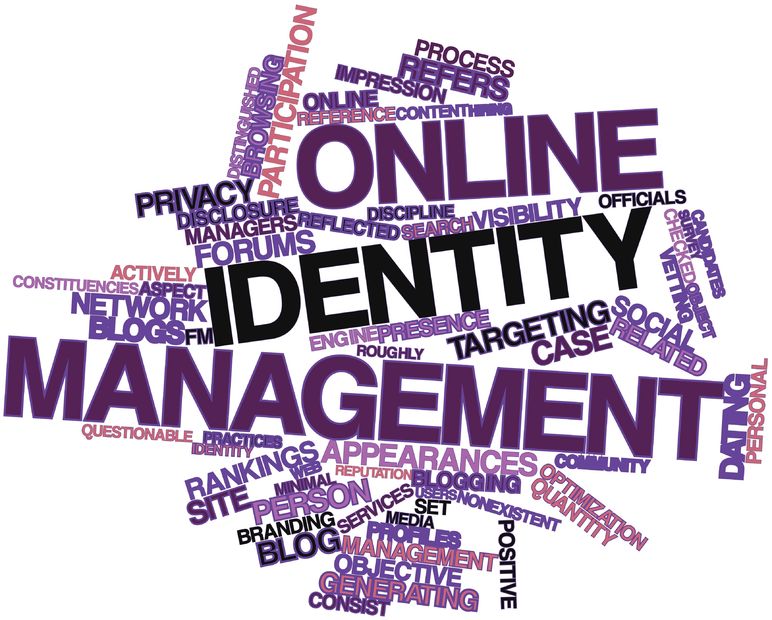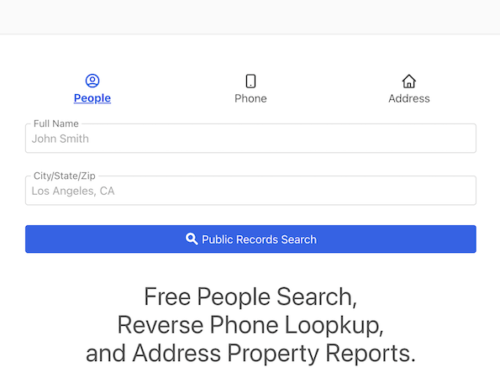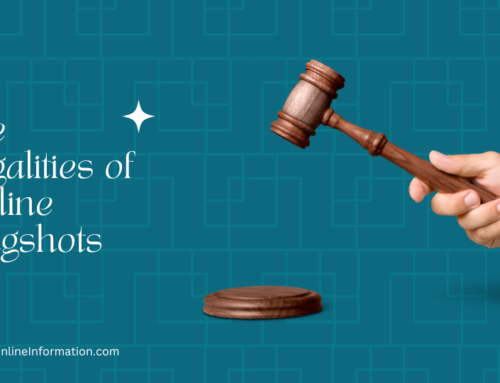Internet Privacy Tips for Kids that Every Parent Should Enforce
The Internet can be a wonderful resource for children when it comes to using it to work on homework. Likewise, it can be good for kids to use the internet to explore distant times and places, or (with restrictions in place) play games.
However the fact is that for all to many children this information super-highway can lead to trouble. It’s not unusual for families to fall victim, or at very least become vulnerable to identity theft as a result of the online activities of their children. A wrong turn on the Web could lead to a loss of innocence, stalking, physical harm or worse. Keep the tips mentioned below close in mind will help you ensure that everything your kids do online is safe and secure.
How to Make the Internet a Family Affair
- Give your kids clear rules before letting them get on the internet.
- Make sure the internet usage rules you provide to your children leads to safe, appropriate content.
- To begin with, be sure to be present when your kids are online so that you can monitor their activities.
- Explain to your kids that they should never give their name, phone number, addresses, interests/hobbies, credit card numbers, selfies or other personal details out on a website without getting your (or a parent/guardian’s) approval.
- Be sure your kids understand the dangers that providing personal info to the wrong people could result in.
Privacy Is Always the Best Policy
- Find and read the privacy policy on a Web site before giving up any personal information. Look for how the site will use and protect the personal information. Make sure you trust the site before you let your child spend time on it or give information on it.1
- California law requires a commercial Web site that collects personal information to post a privacy policy. The policy must list the kinds of personal information the site collects. It must also tell if it shares that information with outside companies and the kinds of companies it shares with.2
- A federal law requires Web sites to have a parent’s permission before collecting any personal information from children under 13.3
- You can give your consent to the collection of your child’s personal information and still say “no” to having the information shared with a third party.
Learn More About Online Privacy and Safety
- The California Department of Justice’s Online Privacy Web page has information on state and federal online privacy laws, tips on reading privacy policies, and useful links to other information, at www.oag.ca.gov/privacy/online-privacy.
- The California Coalition on Children’s Internet Safety’s Web site contains safety tips and links to a wide range of resources for parents, teachers, and community organizations at Cybersafety.ca.gov.
- The Federal Trade Commission has information on online privacy for parents, teachers and kids on their Children’s Privacy Web page.
- A group of non-profit privacy organizations headed by the Center for Democracy and Technology has information on kids’ privacy in their online Consumer Privacy Guide.
- Teenangels, a group of teenage volunteers who have been specially trained, runs programs in schools on responsible and safe Internet surfing for younger kids, parents and teachers. Their Web site has information for kids, teens, and parents.
- Wired Safety, an Internet safety, help and education organization, has information to help people of all ages with things that can go wrong online.
- Fine more infromation on our Online Child Safety web pages.
Notes
1 See our How to Read a Privacy Policy, available on our Online Privacy web page. Back to link 1
2 The Online Privacy Protection Act, California Business and Professions Code §§ 22575-22579. Back to link 2
3 The Children’s Online Privacy Protection Act, 16 C.F.R. § 312.5. Back to link 3








